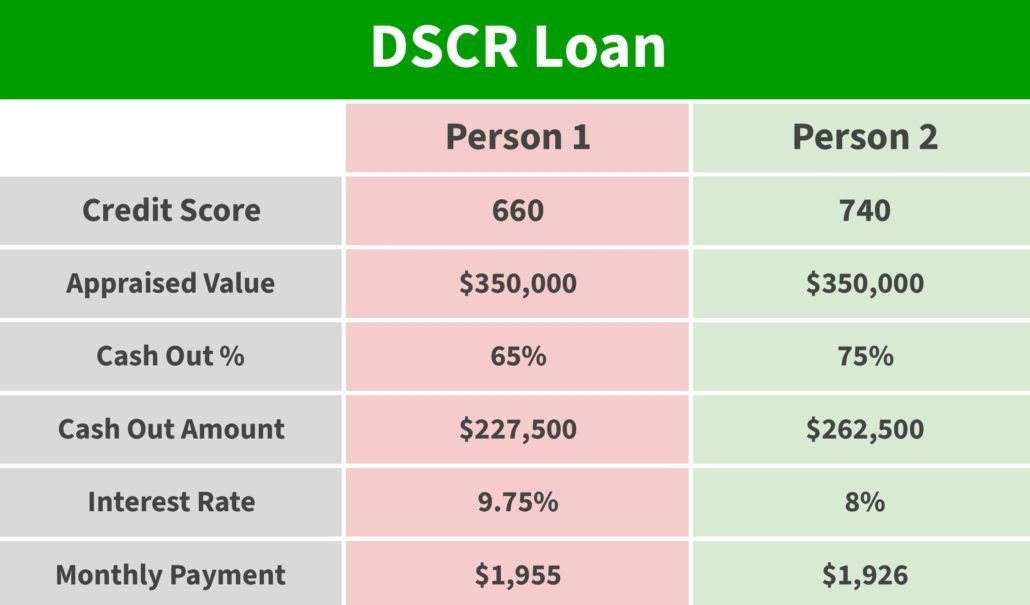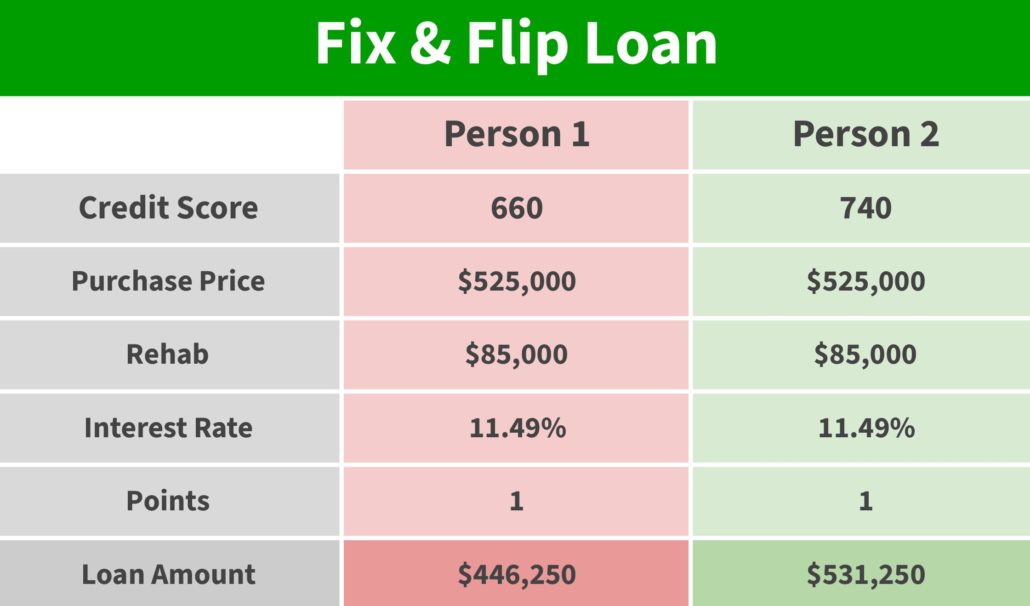It’s time to stop using your personal credit cards and switch to business credit cards for real estate investing.
Personal credit cards are not only costing you opportunities, but also time, frustration, and cost. And here’s the deal: it’s easy to fix personal credit score issues by switching to a business credit card.
Why Are Personal Credit Cards Dangerous?
It all comes back to credit score.
The vast majority of people who call us for advice in the real estate investing journey have issues with credit.
Credit usage is confusing for a lot of people. If this is something you’ve also had questions about, we recommend checking out our previous article about basic credit scores.
In essence, credit scores are based on a ratio that compares usage to available balance. If you’re using personal credit cards for real estate investing (a job that requires a lot of large transactions), it drives your usage way up.
When your usage skyrockets, your credit score will go down even if you’re still paying off the card on time. Basically, personal credit cards are not designed for business-level usage.
With a poor credit score, you’re going to have a much harder time leveraging the best deals, terms, loan to values, and flexibility.
Real estate investing is all about using the investments of others (including the credit card company’s) to get your work done so you can pay them back and turn a profit. If your credit score is low, you’re going to struggle. You won’t be offered the best terms which drives up the overall cost of your projects.
Credit scores matter.
Mythbusting Business Credit Cards
A lot of people are afraid to make the switch to business credit cards because they’re unfamiliar. These are the three most common concerns we hear from our clients who need to make the switch to business credit cards for real estate.
1. “It’s a huge switch from my current system and is going to take forever.”
FALSE
People hear terms like “corporate credit” or “business credit card” and think it’s going to be a massive change that they’re going to need to get done at Bradstreet.
That’s not the case at all!
Essentially, you’re going to look for the same credit cards you have now—ones with 0% APR, cash back, travel miles, or whatever you like. Look for a credit card with the perks you enjoy and open it in your business’ name.
Sure, it’s technically a “business credit card,” but you shop around the exact same way as you would for a personal card.
2. “Business credit cards still affect my personal credit scores.”
FALSE*
Here’s the great news: so long as you’re paying it off on time, your business credit card will never report on your personal credit score.
*Unfortunately, if you have a few late payments, it will start reporting. Also, there are a few business credit cards that do report on your personal score. Always read the fine print so that you can avoid these cards and companies.
Therefore, if you pick a good card and are good about paying off your balances, this shouldn’t be a huge concern. So long as you pay on time, it will never report your balances or usage. This protects your personal credit score for real estate investors which is the whole goal of getting a business credit card.
If you need help figuring out which cards are best for your business, contact us!
3. “I need to have an actual business for a business credit card.”
TRUE
Yes, it’s true, but don’t panic if you’re not set up for this yet!
You do need a business, an LLC, and a business checking account.
If you already have a business set up, obviously making the change will be super easy. However, if you need any help getting these items in order, let us know, and we’d be happy to help.
A poor credit score is a huge inhibitor for investors. It’s worth doing a little extra work on the front end to set up something that’s going to open doors for you and fix one of your biggest weaknesses.
Switching to Business Cards is Easy With Our Help!
At The Cash Flow Company, we are more than happy to help you make the transition to business credit cards.
We can…
- Get you a private usage loan to raise your personal credit score so you’re eligible for more business card options.
- Help you figure out which business credit card is right for you.
- Help you set up your investment work as a business to protect your personal credit score.
- You can also look into our partner company Hard Money Mike that offers hard money loans that you could use to raise your score as you look for business cards.
We want to make sure you’re prepared for opportunities even before they come your way. Real estate investing is a time-sensitive field, and the fewer obstacles you have to work through, the more successful you’ll be.
Please reach out to us at Info@TheCashFlowCompany.com.
We can’t wait to help you on your investment journey!












